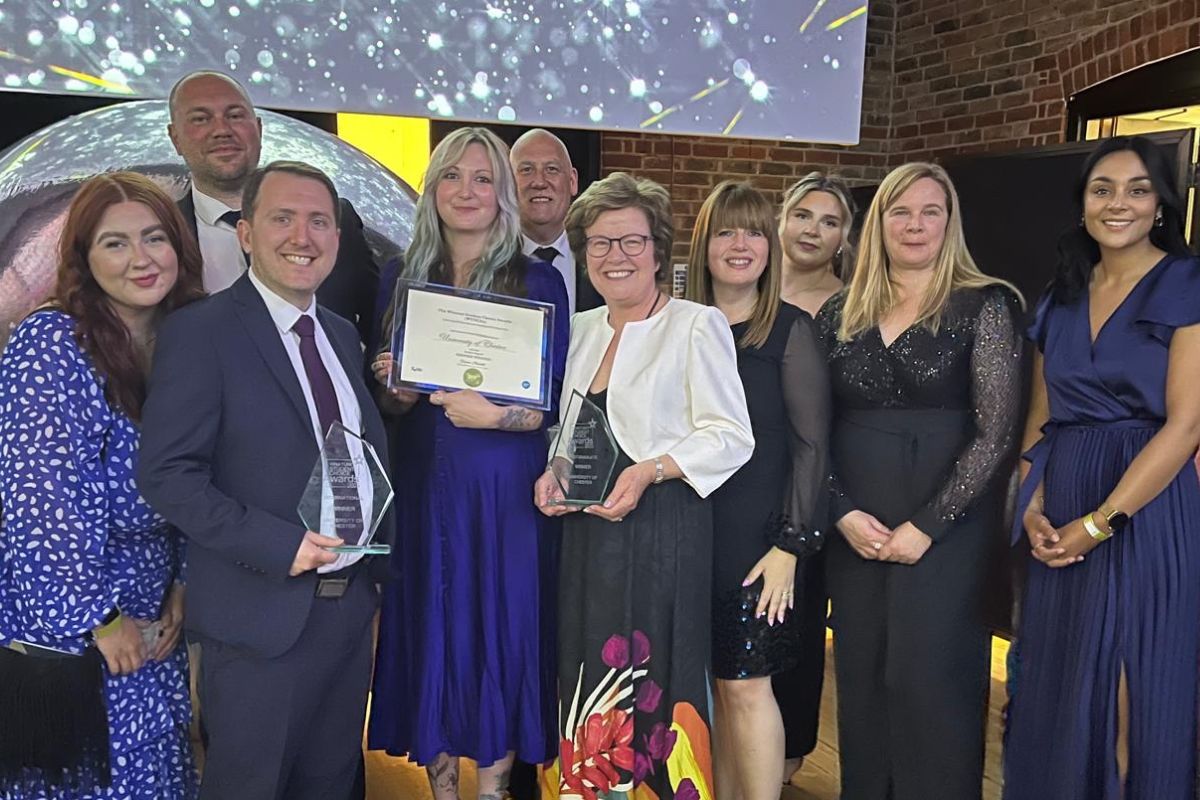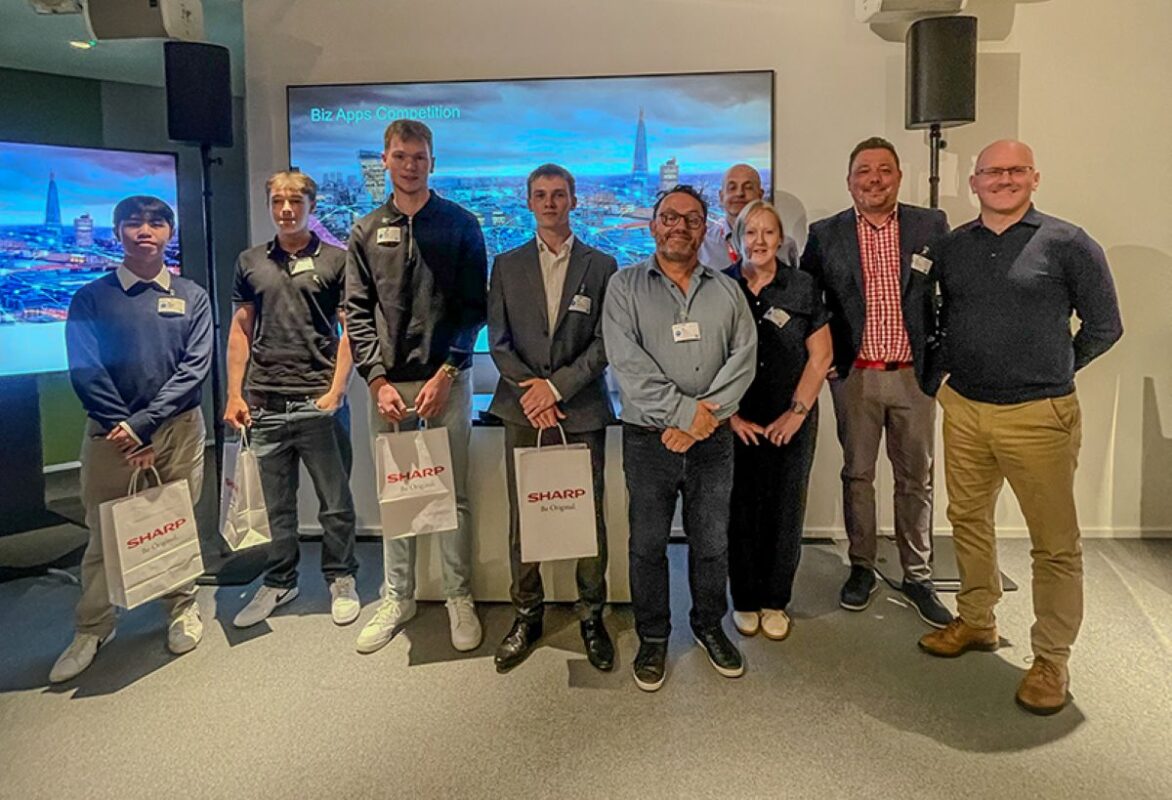University receives funding to inspire next generation of engineers in the North West

Engineering ambassadors from the University of Salford’s Centre for Sustainable Innovation will be educating year five pupils in Salford and Blackburn on eco-friendly construction, thanks to an Ingenious Award from the Royal Academy of Engineering and the Department for Science, Innovation and Technology.
According to the World Business Council for Sustainable Development, the built environment contributes 40% of global carbon emissions, over 30% of global final energy use and consumes nearly half of the world’s natural resources. To add to this, Stonehaven research has highlighted the UK is expected to face a shortfall of approximately one million engineers by 2030.
The project aims to inspire the next generation of engineers, while educating them on sustainable development and green engineering, focusing on retrofitting and eco-friendly construction. Experts from the University will also teach the primary school students about decarbonisation, emission-reduction technologies, energy efficiency and how to change behaviours at home to reduce our carbon footprint.
Dr Silvia Tedesco, Associate Professor of Sustainability at Salford’s Centre for Sustainable Innovation, comments: “Educating the next generation on sustainability and improving the environment are central to our work here at Salford.
“We’re at a pinnacle moment in the fight against climate change and educating young people on the importance of sustainable practices, while also attracting young talent to explore careers in the space, are critical.”
As part of the project, pupils will design and build miniature eco-homes that include retrofitting, renewables and biodiversity preservation. They will also be given an invaluable opportunity to see first-hand the cutting edge green building research being conducted at the University through a visit to Salford’s Energy House 2.0, with the goal of inspiring them to pursue careers in sustainable construction and engineering.
The grant is part of a new round of Ingenious programmes to support 16 projects through public engagement activities, while inspiring future generations of engineers across the UK and changing perceptions of engineering. The programme started in 2007 and is funded by the Department for Science, Innovation and Technology.
Dominique Sleet, Public Engagement Manager at Royal Academy of Engineering, added: “Creative public engagement projects like your miniature greenhouse provide a fantastic opportunity to showcase engineering in an engaging and accessible way. Bringing together young people and engineers to tackle real-world challenges not only highlights essential engineering skills, but also demonstrates how innovation can drive a more sustainable future.” Silvia concludes: “The engineering skills gap is a pressing issue across the sector and addressing this widening gap through education is a priority for us. This project will help to inspire primary school pupils across the region on the exciting, rewarding and impactful work they could be part of in the future, igniting their passion for the field.”











Responses